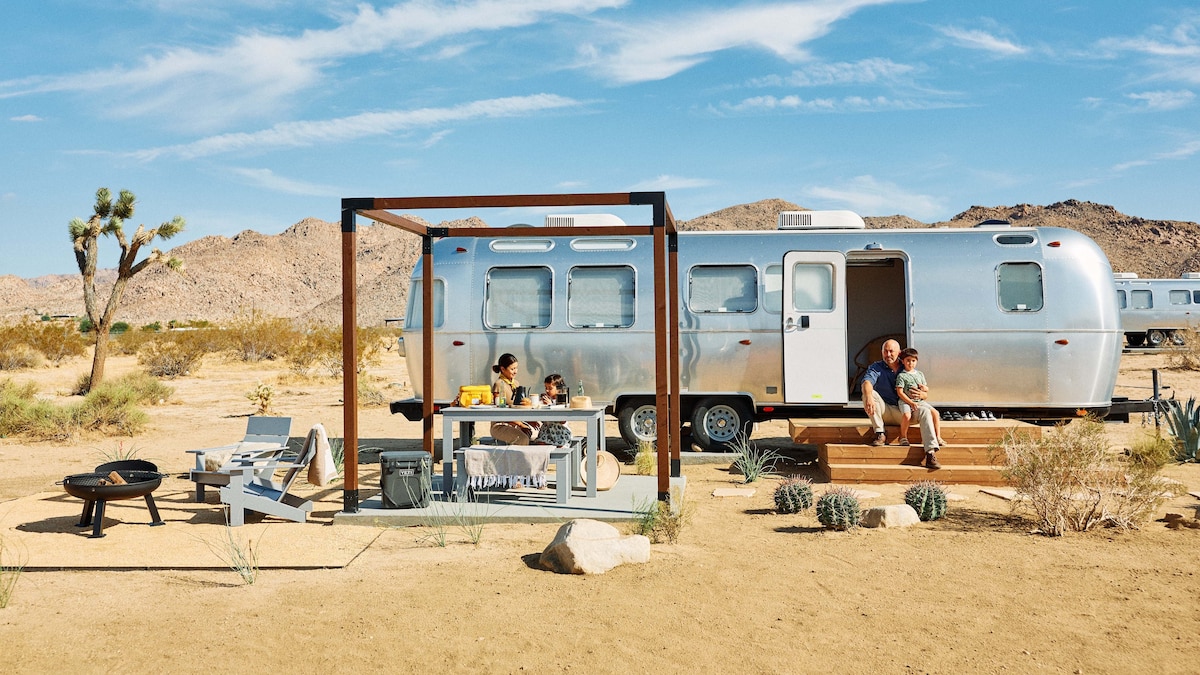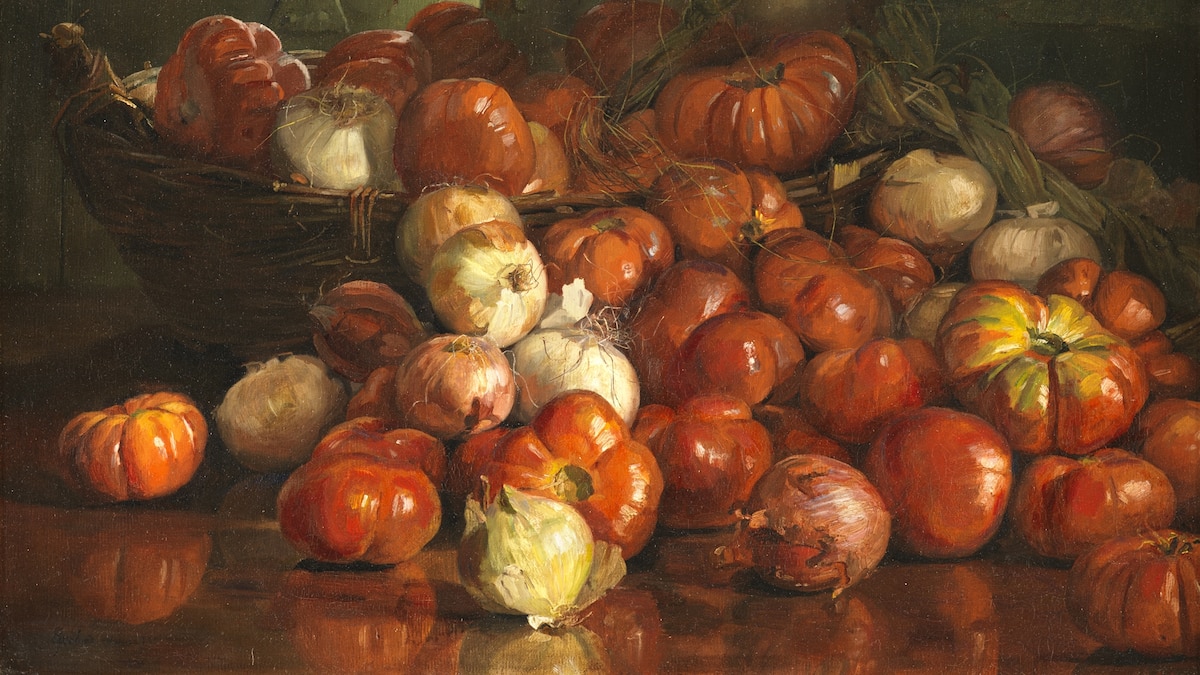Now Reading: How conservation icon David Attenborough holds onto hope
-
01
How conservation icon David Attenborough holds onto hope
How conservation icon David Attenborough holds onto hope
For seven decades, Sir David Attenborough has traversed the globe to document the kaleidoscopic diversity of Earth’s ecosystems. At the age of 99, he’s narrated so many television programs that his voice has become synonymous with the wonder of the natural world. But in his long career full of wild encounters, one memory still stands out.
In 1957, when Attenborough was in his 30s, he traveled to a shallow warmwater cay on Australia’s Great Barrier Reef, where, for the first time in his life, he donned scuba gear to examine corals up close. “It was a sort of sensory overload,” he says. “The countless tiny fish swimming between coral branches; the differences between the different coral structures. It opened up for me a whole new appreciation of the intricacies of life in the ocean.”
Today that same view is likely to look disastrously worse. Globally, corals have suffered tremendous loss as a result of human-caused ocean warming, a fact that’s not lost on Attenborough.
In the new National Geographic documentary special Ocean with David Attenborough, the pioneering filmmaker reflects on the enormity of loss seen in his lifetime. Sure, there are still sumptuous images of the abundance of ocean life in the film, but they are met in equal measure with depictions of mechanized death and destruction—carbon-sequestering seagrass meadows are violently mowed down by commercial fishing trawlers, great glistening masses of writhing fish are hauled aboard ships by the thousands. Attenborough doesn’t mince words: “Ships from wealthy nations are starving coastal communities of the food source they have relied on for millennia,” he narrates. “This is modern colonialism at sea.”
(Fish flee for their lives in rare, chilling video of bottom trawling.)
The film’s final message, however, is remarkably optimistic. Attenborough fiercely believes in the ocean’s power to recover when the right environmental protections are set in place. He holds hope even for that mesmerizing cay in Australia. “I’d like to think that the reef I first dived on is one of the lucky ones.”

David Attenborough introduces Prince Charles and Princess Anne to his pet cockatoo in 1958 at the studio where Zoo Quest, the BBC show that launched his career as a wildlife presenter, was filmed.
PHOTO: CENTRAL PRESS/GETTY IMAGES
BRIAN RESNICK: The film seems starkly different from much of your past work in the way it contends with topics like animal death and destruction. Why?
DAVID ATTENBOROUGH: Unlike chopping down a rainforest on land, which can be clearly seen, trawling the ocean floor is largely hidden from view. Most people have no idea it’s happening or of the scale with which it occurs.
We wanted to be clear that this film is not antifishing. Humans have always gathered food from the sea, and biologically there’s no reason that that cannot continue to happen. Indeed, many fishing operations and fishing communities do fish sustainably. But there are some forms of fishing, and some locations where fishing occurs, that damage the ocean for all of us. By showing the distinction, we hope that viewers will appreciate the difference between fishing that can and should continue well into the future and fishing that is destroying the ocean and depriving fishing communities of their livelihoods.
In your narration, the audience might detect anger in your voice. Is “anger” the right word?
I certainly feel the senseless loss of the natural world, and I hope that emotion comes across.
You May Also Like
What is your advice for people dealing with grief over climate change or loss of the natural world?
We shouldn’t lose hope. It can be tempting to give up when confronted with the scale of humanity’s consumption and the speed with which we are changing the climate and losing the natural world. But nature is our greatest ally. Wherever we have given nature the space to recover, it’s done so, and, as a result of its recovery, our own lives are improved.
The solutions aren’t all about sacrifices and aren’t all decades away. The marine protected areas we show have all brought benefits in just a few years to the people who live by them, and at the same time, those reserves have drawn down carbon dioxide from the atmosphere and allowed marine species—from turtles to sharks to tuna—to recover. This is a real win-win for nature, for people, and for the climate. We just need to plan for the future, rather than only chasing immediate gains.
What keeps you working?
Because people I like working with keep asking me to. I enjoy the process of filmmaking. But stepping back, I can also see that this sort of storytelling has never been more important. Many of our societies have never been more removed from nature, less in tune with its rhythms and changes. That has brought many benefits, of course, but it does also mean that we don’t necessarily notice the changes to our world as acutely as we once would have done.
Whilst scientific publications and debates are vital, most of us are far more likely to engage with a story or a documentary. Our species has always used storytelling to create a shared identity and give explanation and context to the world around us. We are naturally interested in the stories of other people and places, so the onus is on all of us, as well as broadcasters and publishers, to find the ways to tell stories of the natural world and our relationship with it.
In the film, you talk about entering a later stage in your life. As you reflect on your life, how would you like your work to be remembered?
I hope the collection of work, from Life on Earth through to the films I’m making now, will be seen as the documentation of the natural world in the late 20th and early 21st centuries as we understood it at the time. Perhaps one day it might also be seen to have documented the beginning of a new relationship between humanity and nature, a time when we realized that for our own species to thrive, we require the natural world to also thrive.
“Ocean with David Attenborough” begins airing on National Geographic June 7 and streams globally the next day, World Oceans Day, on Disney+ and Hulu. The film is currently in cinemas in select countries outside the U.S.
This interview has been edited for length and clarity.
A version of this story appears in the July 2025 issue of National Geographic magazine.




















